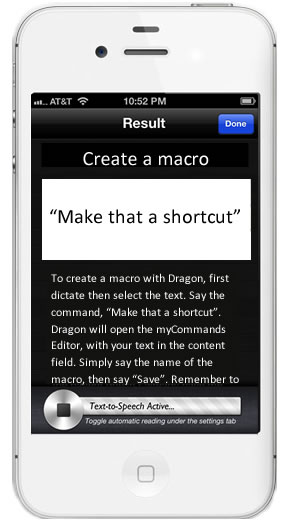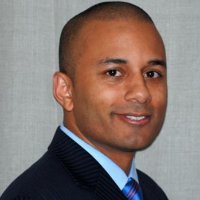 It’s not your father’s dictation machine.
It’s not your father’s dictation machine.
In the 1960s and 1970s you most likely found your doctor at the end of the day in their office reading patient notes into a dictation machine. Those recordings were then sent off to be transcribed and returned in nicely typed notes for the patient charts. And many of those charts are probably still sitting on the same shelves in the same file rooms.
Fast forward a decade to speech recognition.
Now the doctor can talk directly into a computer and it will convert the speech automatically to text, saving the steps of sending out for transcription.
But dictation and speech recognition were just the beginning of what really needed to be accomplished. After all, we had all seen and read Arthur C. Clarke’s Space Odyssey series, introducing us to HAL, a computer that had knowledge, reason, and could learn and communicate. We know this as Artificial Intelligence (AI). One of the components of AI is speech recognition which allows for a computer to understand and communicate in human language.
Fast forward to today and you find all of the latest technological advances in speech recognition being used in practical applications. From iPhone’s personal assistant “Siri”, to IBM’s “Watson”, the innovation of speech recognition technology seems endless. In healthcare, physicians today can speak into almost any device and store a patient note. But that is not enough in the current digital health information environment seeing rapid adoption of electronic health records (EHR). Physicians will need technological tools to efficiently enter discrete and non-discrete data into their EHR.
EHR vendors are now incorporating speech recognition technology in their systems, marrying the ease of dictation with the technology of today. Let the provider/user discuss the patient notes and have the computer sort out the medication list from procedures through its understanding of the language. Documenting the care provided to patients needs to be free of cumbersome transcription processes that decrease workflow productivity. Speech recognition is an essential technology for improving physician productivity in context of the EHR.

One physician who has written extensively about the use of speech recognition technology in EHR implementations is Dr. Andres Jimenez, CEO of ImplementHIT. Dr. Jimenez is a nationally recognized physician-training expert who has spent the last six years researching more effective ways to train physicians and nurses on the use EHRs. He has participated in over 75 EHR implementations across all practice settings and is a member of the Nuance physician advocate program for Dragon Medical Speech Recognition and Allscripts.
Dr. Jimenez will be sharing his views on the productivity gained through the use of the speech recognition software Dragon Medical, at an upcoming webinar event this month.
Event: Harness the Power of the Dragon through your EHR
Time and Date: April 16, 2013 at 12 noon Eastern
